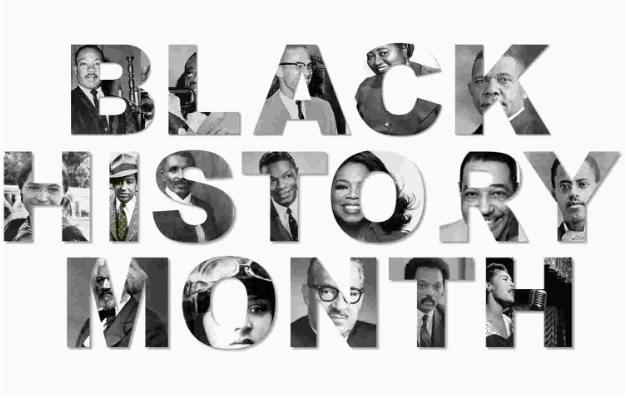There are an abundance of holidays and days worth celebrating during the month of February. However, one of February’s most notable cultural events is Black History Month.
Senior and Black Student Union President Alexia Colacicco said many institutions do not acknowledge black history as American history, but she believes black history should be celebrated year round and not just in February.
“Black History Month focuses on celebrating accomplishments and contributions to society,” Colacicco said. “You name it, black people have done it and that’s what we’re here to celebrate.”
The BSU organizes several events that recognize Black History Month. Some of past events include karaoke night, an open discussion on growing up black and black jeopardy.
BSU will host the upcoming Amateur Night at the Apollo where anyone can showcase their talents and perform. The event will take place on March 1 in the Strebel Auditorium. The doors open at 5 p.m. and the event begins at 6 p.m.
“We just have a lot of events coming up, not to mention supporting other events during the month,” Colacicco said. “We’re just trying to be all out there and do the most we can for this month.”
Colacicco expressed that black history contributes to everyone’s history in America and the importance of it is in the events, the support and the education.
Senior Harriet Gyamera is not a member of BSU, but does enjoy going to BSU events.
“BSU does a great job at celebrating Black History Month,” Gyamera said. “I think the lack of student support at BSU events is definitely an issue, but I’m please with their efforts as an organization.”
Gyamera said UC usually focuses on Martin Luther King Jr. Day rather than Black History Month as a whole. She believes that is a start, but is something that can be improved.
“I feel like black history is an acknowledgment of the accomplishments and positive influences African-Americans have made in this country,” Gyamera said. “It’s a reminder that even though we may sometimes feel small and are treated unfairly by society, we’re still resilient and we can still be successful despite our setbacks.”
Clemmie Harris, assistant professor of history, believes Black History Month is important because it focuses the attention on the contributions that people of African descent have made to civilization and that it reinforces how the past informs the present.
“What black history really seeks to do is to provide a counter measure to the broader narrative of particularly the American history model,” Harris said. “It does so by inserting people of African descent into that story and giving recognition to not only their historical contributions, but also how their record provides a very important lense of looking at the false lines of American history.”
Harris said one of his greatest concerns about the remembrance of Martin Luther King Jr. is that it has just been reduced to a day of service and that King’s theories on militarism are not recognized. Harris also stated that one of King’s biggest concerns about financing a war was that it was in greater importance than the domestic agenda.
After Harris arrived at UC, he was not surprised by the college’s structural development in terms of racial equity. It was familiar to him from a historical point of view and was one of the key factors that began the black revolution on campus more than 50 years ago, where black students and white allies concluded that American institutions of higher learning were complacent in the broader civil rights activism that was happening in the streets.
“The degree to which the institution could improve the types of programming is directly related to its investment in history,” Harris said. “The evidence to this is that I am the only historian of the African-American Experience here.”
If you are interested in joining the Black Student Union, email Alexia Colacicco at [email protected].







































































































































